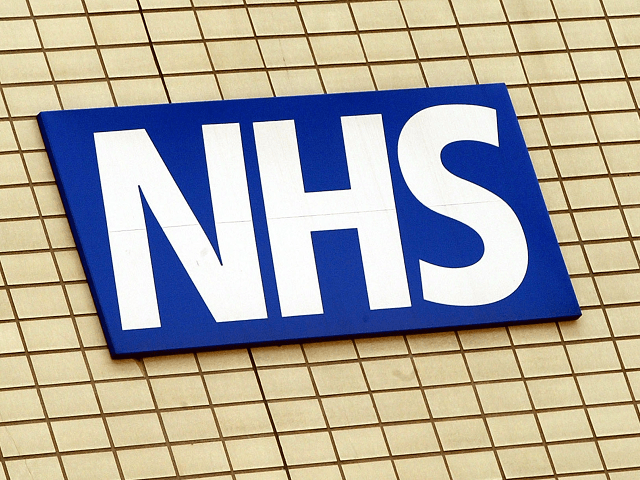Over 500,000 confidential patient documents were mislaid and left undelivered in the latest National Health Service (NHS) fiasco.
The government-run healthcare provider, which has the fifth-largest workforce in the world, lost approximately 708,000 pieces of correspondence between hospitals and GPs, reports The Guardian.
Of the total, 200,000 were deemed not clinically relevant, but the remainder included sensitive patient details and the results of important biopsies and screening tests, some for serious diseases such as cancer.
The documents, which were mislaid between 2011 and 2016 by contractors, were left in a warehouse instead of being delivered to their intended recipients. NHS England has had to launch an inquiry into the impact on patients and has already identified 2,500 cases where the potential for harm bears further investigation.
A separate clinical review has also been launched to establish whether any patient deaths can be linked to the blunder. The investigations are costing the health service millions.
“Undoubtedly, there will be cases where patients have been seen by their home GP without the GP having the information from previous consultations or tests being in their file,” said Dr. Richard Vautrey, who chairs the GPs committee at the British Medical Association (BMA).
“So, they may not know whether antibiotics have been prescribed to a patient or whether tests and investigations have been done.
“That might mean repeat prescriptions, which would be unnecessary, as they have been taken before. And it might mean delay in diagnosis.
“If that happened it’s at best an inconvenience to the patient, and at worst there’s a risk of patient harm.
“This is a very serious incident, it should never have happened.”
The NHS has been rocked by a number of scandals in recent years.
In January 2017, an elderly woman died after being left on a trolley in Accident and Emergency at Worcestershire Royal Hospital for 35 hours.
In a particularly shocking incident in 2009, 22-year-old Kane Gorny died of thirst after staff denied him water following a routine hip operation. Gorny had even called the police in desperation, but they were turned away by doctors.
An inquest was told that a nurse later asked Gorny’s grieving family, “Have you finished seeing your son yet? Can I bag him up now?”
Efforts by a whistleblower nurse to expose appalling standards of care for elderly patients at Royal Sussex Hospital as long ago as 2005 led to the individual in question being struck off, discouraging staff from speaking out about the service’s shortcomings.
Problems are invariably blamed on a lack of funding rather the health service itself, which some commentators have described as a “secular state religion” beyond criticism.

COMMENTS
Please let us know if you're having issues with commenting.